I recently finished a residency at the Arrowmont School of Art and Craft in eastern Tennessee. This was different from the residencies I normally do- instead of working on print designs or carving blocks, I spent the whole time writing. I’ve had a lot of ideas percolating for a long time without the discipline to do much about them, and having five dedicated days with nothing else going on really helped me focus. One of the things I was working on is a history of the ore deposit in Congo that provided the uranium used in the bombs dropped on Japan by the US at the end of WWII (almost finished, and really interesting I think), and out of the complex web of research for that piece came a condensed narrative history of mining. I’m going to polish it up and see if I can find a home for it, but I thought I might as well post an excerpt here, while it’s still fresh. Read the second part here.
A Brief History of the Mine
We never woke up wanting to take the world apart. We just found something we liked and picked it up and then we saw that there was more beneath it. We made tools out of whatever we could find around us and when we followed the veins of ore into the ground we found ourselves for the first time in a zone of raw substance, a place where nothing was itself and everything manifested only as a quality. In the darkness of the mine we had to create our own worlds, bringing our own light with us and keeping it lit to show us where we were and why we were there. Those dark underground spaces destroyed time, which is certainly part of the reason why so much of our most vivid and evocative art is found deep inside the caves we found wherever we went. In those spaces the rhythm of the natural world vanished, the passing of the sun and moon and stars replaced by the continuity of human thought and ritual. In the mine, however, that rhythm was replaced by work, the dogged work of hacking at a wall of rock, hauling loose matter to the surface, making tools, fixing them, and staying alive.
Desire in the mine became attenuated, narrowing down to a singular focus on the ore mass in question and our ongoing attempts to divine its place within the rocks behind the face of the seam. Outside, desire was subject to an infinitude of possibility; the rustle of something small and delicious in the bushes, the smell of berries in the sun, the far-off laughter of a lover. Inside the mine, desire was all abstract and taken at a distance, at one or more degrees of remove from the immediacy of need. The mine was where we learned to think about the future because to follow the vein through the rock is also to imagine what you’re going to do with it.
Every chip that fell from the walls was part of an accumulation towards an esoteric and explicitly cultural goal. The chips built up in our little groups, in our larger families, in our societies. The products of the mine became objects of adornment, of signification, but as we learned to better manipulate them they became objects of power. We recruited from the local populations to do the hard work and when no-one would do it any longer we took up the weapons we had made out of what we’d hauled forth from the ground and forced them into the mines ahead of us. Mining taught us slavery at the same time that it taught us war, and like war it was where we learned to seek sudden fortune, something to ride out of the mist of daily toil into rarer air.
As we went deeper into the earth we felt it close in around us and we felled the forests on the mountainsides nearby and hauled the timbers underground to prop up the earth we bored through. We found poisons in the dark, and poisons found us. Colorless gases seeping from the margins of stone and building up in kinks of tunnel to ignite at the flare of a lantern and blast us through ourselves and out of the mineshaft into the starry night. We dug different holes for different reasons and the number of things we were pursuing underground multiplied as we learned to torture the brute matter of the underworld with heat and acid and pressure to force it to give up its secrets. We found things underground that burned and we cut into them and loaded them into carts that the children and the women pushed along rails to the surface or hauled up in ragged hide buckets on fraying ropes all day long. Sometimes the flammable stuffs caught fire as we worked them and their smoke choked us and stunned us and as we saw each other falling through the flames we ran for the colliery elevator to ring the lift bell frantically and when the door grid slammed shut and the gears caught and pulled us to the surface we rose out of the smoking hole in the ground as a jumble of carbonized figures barely visible through the jellylike air ashimmer with heat. The things we dug fed the machines we made and the machines made money for the people that owned them and they paid men to force us to get back down the mine and dig.

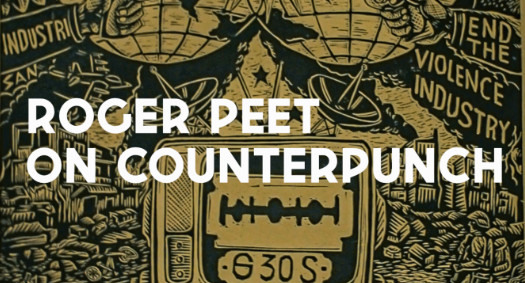
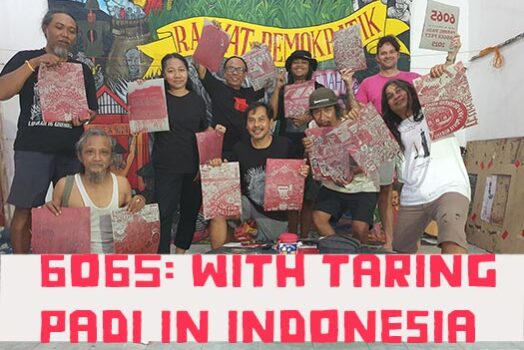
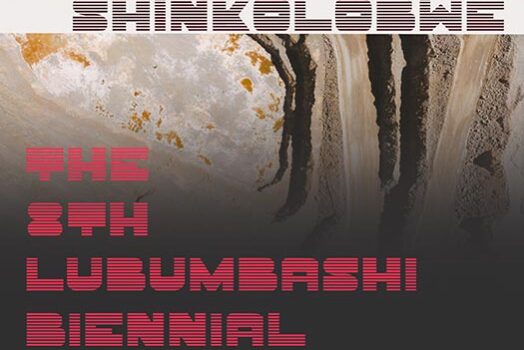
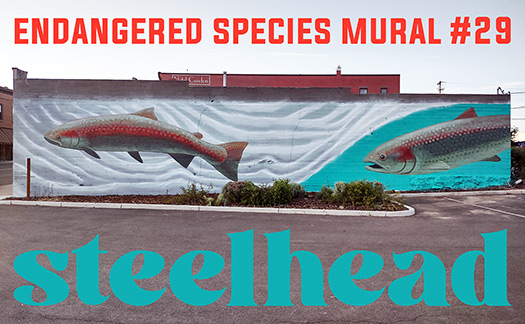
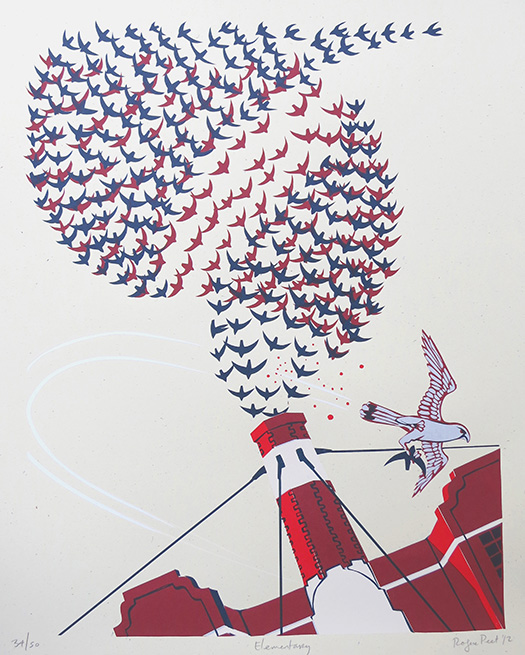
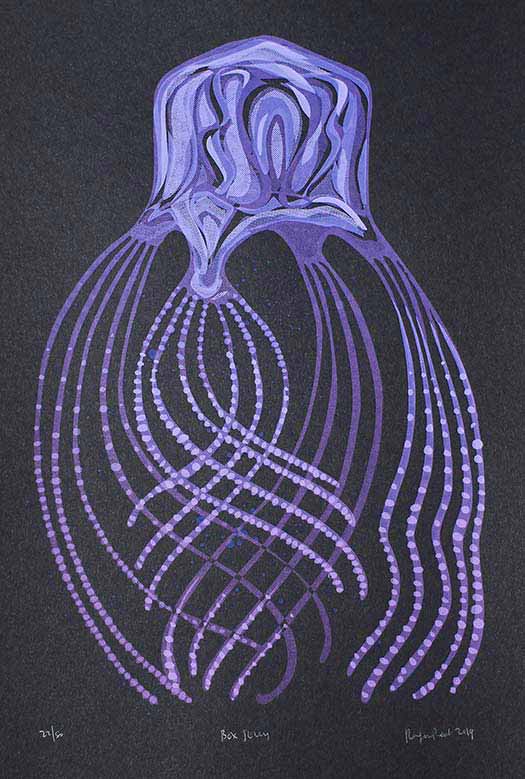

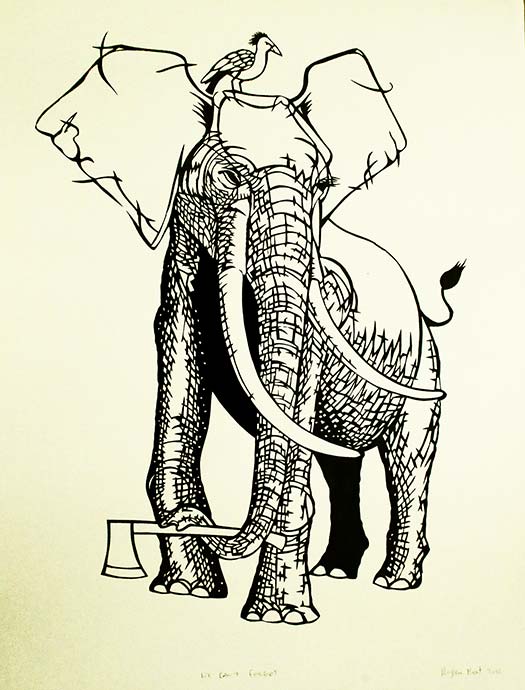
This was a great piece.
Beautiful writing about really terrible, largely unwitnessed events, always reminds me of this poem for some reason:
Musee des Beaux Arts
About suffering they were never wrong,
The Old Masters: how well they understood
Its human position; how it takes place
While someone else is eating or opening a window or just
walking dully along;
How, when the aged are reverently, passionately waiting
For the miraculous birth, there always must be
Children who did not specially want it to happen, skating
On a pond at the edge of the wood:
They never forgot
That even the dreadful martyrdom must run its course
Anyhow in a corner, in some untidy spot
Where the dogs go on with their doggy life and the
torturer’s horse
Scratches its innocent behind on a tree.
In Bruegel’s Icarus, for instance: how everything turns
away
Quite leisurely from the disaster; the ploughman may
Have heard the splash, the forsaken cry,
But for him it was not an important failure; the sun shone
As it had to on the white legs disappearing into the green
Water; and the expensive delicate ship that must have seen
Something amazing, a boy falling out of the sky,
Had somewhere to get to and sailed calmly on.
—W.H.Auden
link to the painting:
http://www.ibiblio.org/wm/paint/auth/bruegel/icarus.jpg